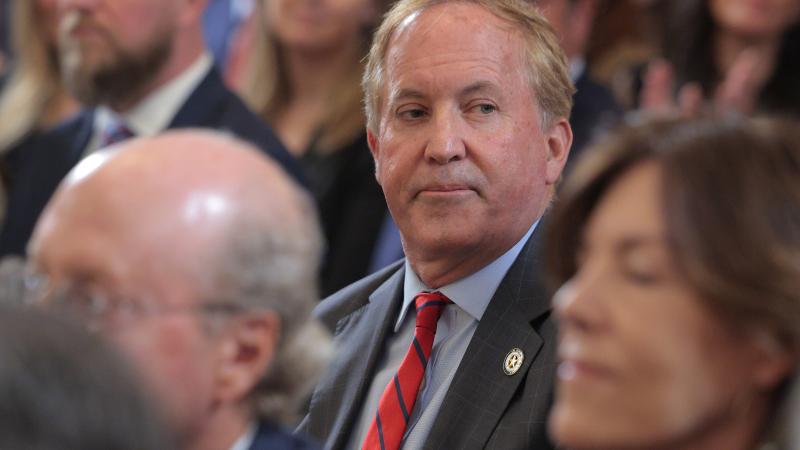Everything you need to know about the coronavirus stimulus check
How much will you get, who qualifies, and how to get it.
Millions of Americans have heard they may be entitled to an emergency stimulus payment from the government because of coronavirus. But they don’t necessarily know exactly how to get it. Here are some answers to a few common questions:
How do I know if I am qualified to get the check?
You are eligible for full payments of either $1200 or $2400, plus $500 per qualifying child, if you earn no more than the following Adjusted Gross Income (AGI):
For individuals, AGI $75,000 or less
For head of household, AGI $112,500 or less
For married couples filing jointly, AGI $150,000 or less
You are eligible for reduced payments if you meet the following AGI qualifications:
For individuals, AGI above $75,000 but no more than $99,000
For head of household,AGI above $112,500 but no more than $136,500
For married filing jointly, AGI above $150,000 but no more than $198,000
Who is a qualifying child?
A qualifying child is a dependent under the age of 17.
Who gets the payment for a qualifying child?
According to Politifact, Elaine Magg, a tax policy expert and principal research associate at the Tax Policy Center, says “whoever claimed the child on the 2019 return — or the 2018 return if the 2019 return is not available — will be eligible for that $500 additional payment.”
Who is disqualified from receiving the check?
You are not eligible to receive a stimulus check if you are being claimed as a dependent by another taxpayer, do not have a valid social security number, are a nonresident alien, or if you filed Form 1040-NR or Form 1040NR-EZ, Form 1040-PR or Form 1040-SS for 2019.
How do I get the stimulus check?
Good news: if you filed a tax return for 2018 or 2019, are already collecting Social Security benefits, or are already collecting railroad retirement benefits, you do not have to do anything if you used direct deposit. The stimulus check will be deposited directly into the bank account that the government has on file for you.
What if I don’t have bank info on file with the government?
If you do not have banking info on file with the government, the check will be sent to the most recent address it has for you. Unfortunately this means it could take weeks longer to get your check.
The IRS plans on releasing a form where you can enter your current banking info if you’d prefer to get your check through direct deposit. The form should be active soon and it will be on this page under “Get My Payment.” There is an option to update your current address as well.
Someone from the IRS contacted me asking for my banking info so the coronavirus stimulus check can be deposited. Is this a scam?
The IRS will not call, email, text, message you through social media, or mail you asking for any sort of confirmation of your personal information to receive the check. This is a common scam tactic.
You can find more info about the stimulus check and qualifications here:
IRS | Coronavirus tax relief and economic payments
Khou.com | The IRS is now depositing coronavirus stimulus checks | Here's what you need to know
The Motley Fool | This mistake could cost you your stimulus check
The Facts Inside Our Reporter's Notebook
Links
- According to Politifact
- on this page
- https://www.khou.com/article/news/health/coronavirus/stimulus-check-tracker-irs-depositing-money-early/285-bcd4a49d-583b-4cc8-9dff-1fa1a7fa19be
- https://www.fool.com/personal-finance/2020/04/12/this-mistake-could-cost-you-your-stimulus-check.aspx
- https://www.irs.gov/coronavirus-tax-relief-and-economic-impact-payments















